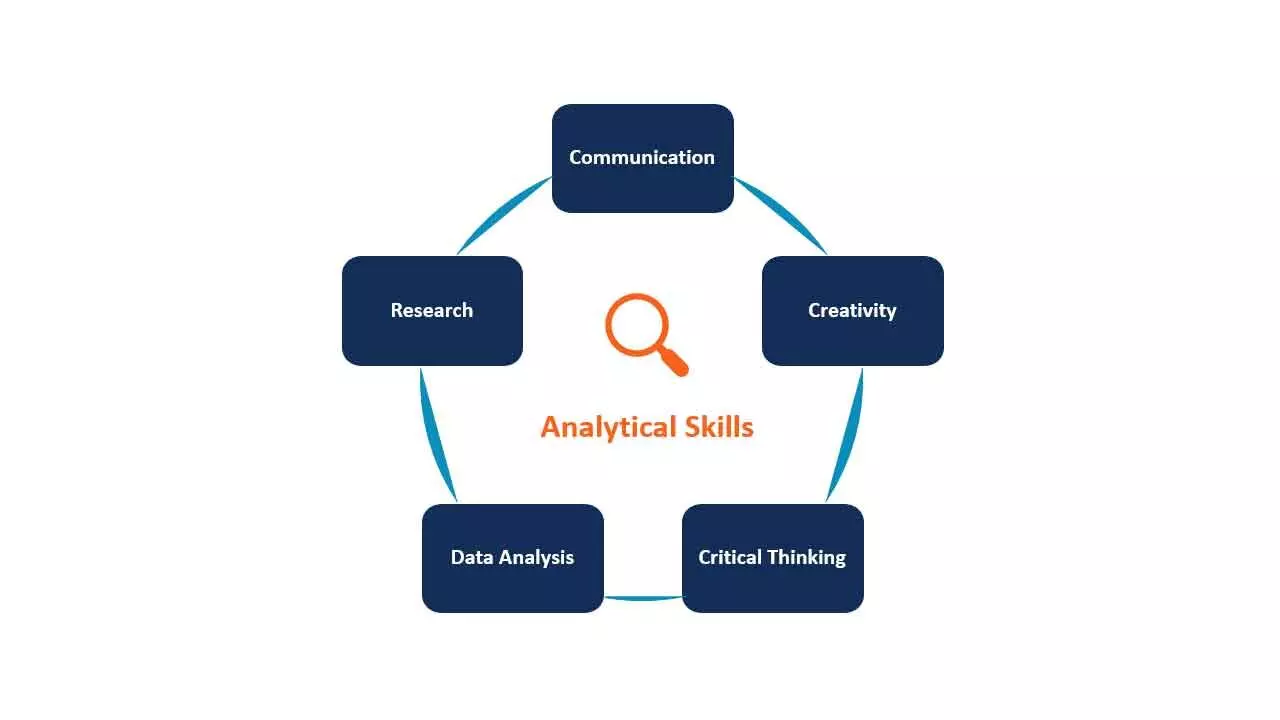Most Companies Look At Analytical Thinking As The Core Skill Among Employees
The trends could have a divergent effect on jobs, including the fastest-growing and fastest-declining roles
Most Companies Look At Analytical Thinking As The Core Skill Among Employees

While global job numbers are projected to grow by 2030, existing and emerging skills differences between growing and declining roles could exacerbate existing skills gaps
Technological change, geo-economic fragmentation, economic uncertainty, demographic shifts and the green transition – individually and in combination are among the major drivers expected to shape and transform the global labour market by 2030, according to a WEF Report ‘The Future of Jobs 2025’.
Broadening digital access is expected to be the most transformative trend – both across technology-related trends and overall – with 60 per cent of employers expecting it to transform their business by 2030. Advancements in technologies, particularly AI and information processing (86 per cent); robotics and automation (58 per cent) and energy generation, storage and distribution (41 per cent), are also expected to be transformative.
These trends are expected to have a divergent effect on jobs, driving both the fastest-growing and fastest-declining roles, and fueling demand for technology-related skills, including AI and big data, networks and cybersecurity and technological literacy, which are anticipated to be the top three fastest-growing skills.
Inflation is predicted to have a mixed outlook for net job creation to 2030, while slower growth is expected to displace 1.6 million jobs globally. These two impacts on job creation are expected to increase the demand for creative thinking and resilience, flexibility, and agility skills.
Climate-change mitigation is the third-most transformative trend overall – and the top trend related to the green transition – while climate-change adaptation ranks sixth with 47 per cent and 41 per cent of employers, respectively, expecting these trends to transform their business in the next five years. This is driving demand for roles such as renewable energy engineers, environmental engineers and electric and autonomous vehicle specialists, all among the 15 fastest-growing jobs. Climate trends are also expected to drive an increased focus on environmental stewardship, which has entered the ‘Future of Jobs Report’ list of top 10 fastest growing skills for the first time.
Aging populations drive growth in healthcare jobs such as nursing professionals, while growing working-age populations will fuel growth in education-related professions, such as higher education teachers.
Employers, who expect geo-economic trends to transform their business, are also more likely to offshore – and even more likely to re-shore – operations. These trends are driving demand for security related job roles and increasing demand for network and cybersecurity skills. They are also increasing demand for other human-centred skills such as resilience, flexibility and agility skills, and leadership and social influence.
Extrapolating from the predictions shared by Future of Jobs Survey respondents, on current trends over the 2025 to 2030 period job creation and destruction due to structural labour-market transformation will amount to 22 per cent of today’s total jobs. This is expected to entail the creation of new jobs equivalent to 14 per cent of today’s total employment, amounting to 170 million jobs. However, this growth is expected to be offset by the displacement of the equivalent of eight per cent (or 92 million) of current jobs, resulting in net growth of 7% of total employment, or 78 million jobs.
Frontline job roles are predicted to see the largest growth in absolute terms of volume and include farmworkers, delivery drivers, construction workers, salespersons, and food processing workers. Care economy jobs like nursing professionals, social works and counselling professionals and personal care aides are also expected to grow significantly over the next five years, alongside education roles such as tertiary and secondary education teachers.
Technology-related roles are the fastest-growing jobs in percentage terms, including big data specialists, fintech engineers, AI and machine learning specialists and software and application developers. Green and energy transition roles, including autonomous and electric vehicle specialists, environmental engineers and renewable energy engineers, also feature within the top fastest-growing roles.
Analytical thinking remains the most sought-after core skill among employers, with seven out of 10 companies considering it as essential in 2025. This is followed by resilience, flexibility and agility, along with leadership and social influence.
AI and big data top the list of fastest-growing skills, followed closely by networks and cybersecurity as well as technology literacy. Complementing these technology-related skills, creative thinking, resilience, flexibility and agility, along with curiosity and lifelong learning, are also expected to continue to rise in importance over the 2025-2030 period. Conversely, manual dexterity, endurance and precision stand out with notable net declines in skills demand, with 24 per cent of respondents foreseeing a decrease in their importance.
While global job numbers are projected to grow by 2030, existing and emerging skills differences between growing and declining roles could exacerbate existing skills gaps.
The most prominent skills differentiating growing from declining jobs are anticipated to comprise resilience, flexibility and agility; resource management and operations; quality control; programming and technological literacy.

